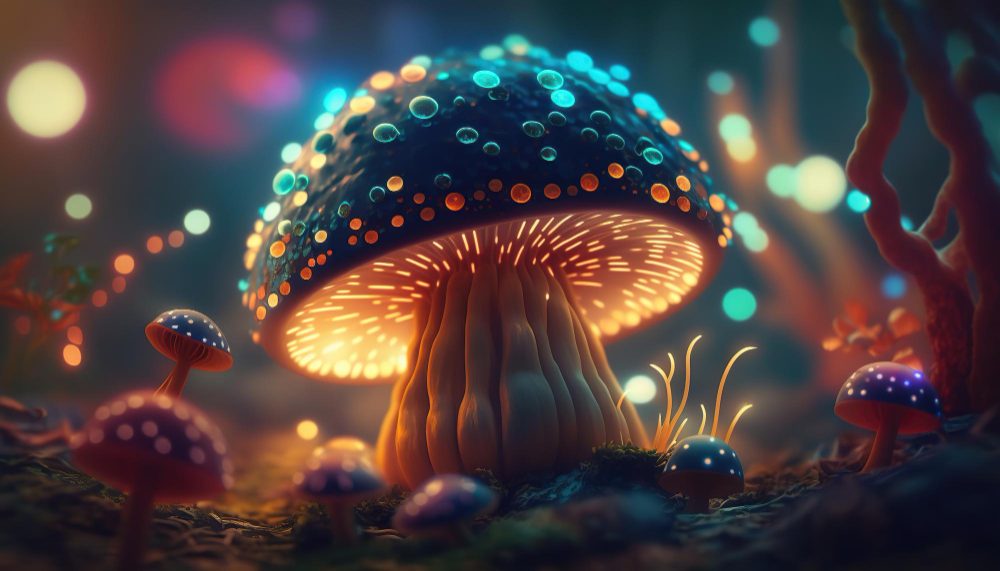Introduction
Psychedelic mushrooms, also known as psilocybin mushrooms, have been used for centuries for their therapeutic and spiritual benefits. In recent years, there has been a renewed interest in the therapeutic potential of these mushrooms. In this article, we will explore the therapeutic potential of psychedelic shrooms delivery and the research that supports it.
Psilocybin and Depression
One of the most promising areas of research on psilocybin is its potential to treat depression. Studies have shown that psilocybin can produce long-lasting antidepressant effects in patients with treatment-resistant depression. Additionally, psilocybin has been shown to reduce anxiety and improve mood in cancer patients.
Psilocybin and Addiction
Another area of research on psilocybin is its potential to treat addiction. Studies have shown that psilocybin can reduce cravings and increase abstinence rates in patients with alcohol and tobacco addiction. Additionally, psilocybin has been shown to increase feelings of spirituality and connectedness, which may help individuals overcome addiction.
Psilocybin and End-of-Life Anxiety
Psilocybin has also shown promise in reducing end-of-life anxiety in terminally ill patients. Studies have shown that psilocybin can produce profound mystical experiences that help patients come to terms with their mortality and reduce anxiety and depression.
Conclusion
Psychedelic mushrooms have shown great promise in treating a variety of mental health conditions, including depression, addiction, and end-of-life anxiety. While more research is needed to fully understand the therapeutic potential of these mushrooms, their potential as a treatment option is exciting and deserves further exploration.





